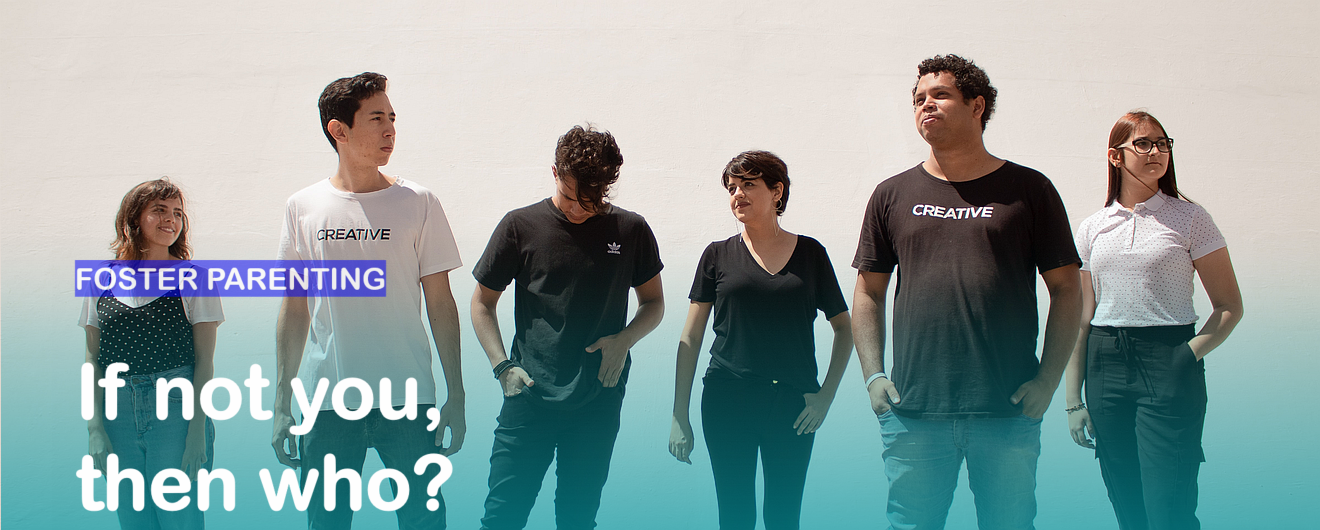At any given time across our region, there are several children in desperate need of a foster home. It’s been said that Every Legacy Starts with a Leader. We hope that the leader is you. From teenagers who have lived most of their lives in foster care to toddlers in need of short term help, everyone deserves a chance at a better life.
That life can start with you. And if not you, then who? All of us can do something to help!

